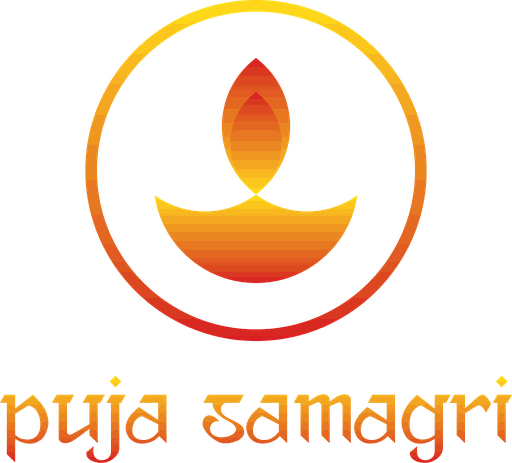Sithi Nakha is an important festival of the Newa community. The word “sithi” was modified from the Sanskrit word “Shashthi” meaning sixth and “nakha” in Nepal Bhasha, means festival. Thus, the name Sithi Nakha was given because it is celebrated on the sixth day of the bright fortnight in the month of Jestha.
On the day of Sithi Nakha, people usually clean nearby water sources such as wells, ponds, stone spouts. This festival emphasizes the value of nature and environment by ensuring the water sources are kept clean and the drainage around them is cleared so as to avoid the pollution of the water sources during the monsoon season. As the monsoon approaches, our bodies are also exposed to different types of bacteria. So to increase the immunity of one’s body, the special Newar cuisine namely Wo (a Newari food made of lentils) and Chatamari (a Newari dishes made of rice flour) are consumed on this day.
Many Newars also perform their Dewali Puja, the worship of the family deity, Digu Deya, during Sithi Nakha. Sithi Nakha is considered the last day for the Newar community to perform it as the festival marks the end of all festivals for the year. As the family deity is worshipped, this day also holds significance to newly married daughter-in-laws as they are welcomed into the family.
This day is also known as Kumar Shashthi as the festival is celebrated in honor of Kumar, the elder son of god Mahadev and goddess Parvati. Kumar is an important god for the Nepalese people. His many statues and idols can be seen sitting on a peacock and holding a spear. The pre-monsoons mark the mating period for peacocks, emphasizing Kumar’s connection to this particular time of year. Therefore, worshipping him is believed to bring a favorable rice harvest.
According to legends, Kumar and Ganesha were given a task to complete the journey to mount sumeru and back by their parents Lord shiva and Paravati. On completing his journey to Mount Sumeru and back, Kumar found that his parents had already granted the boon of a first offering to his brother Lord Ganesh even though he had not completed his journey to Mount Sumeru. Following the advice of an intelligent mouse, Lord Ganesh had tricked his parents, Lord Shiva and Parvati, to grant him the boon of first offering. Lord Ganesh requested his parents to stand together before him; then he made three rounds of the parents and then prostrated at their feet saying, “you are the Mount Sumeru and parents for me.” The parents without thinking twice bestowed upon Ganesh the boon of first offering. However, Lord Shiva and Parvati bestowed Kumar a boon not the full size offering like Ganesh received but about a half of it. Thus, Lord Kumar or Sithi dyo became eligible to receive not the first offering but only a half of regular offering made to Lord Ganesh.
Since then, tradition dictates that the first offerings be made to Lord Ganesh before making offerings to any other deity, and none of the deities accept the offerings made without making offerings first to Lord Ganesh. As for Lord Kumar, Newars worship the pikhalakhu in his name, an eight-petal stone lotus set at the main entrance to every Newar house. “Pikha” means outside and “lakhu” means the rivers nearby. It is a small circle or a mandap drawn outside each household of the Newar community.

